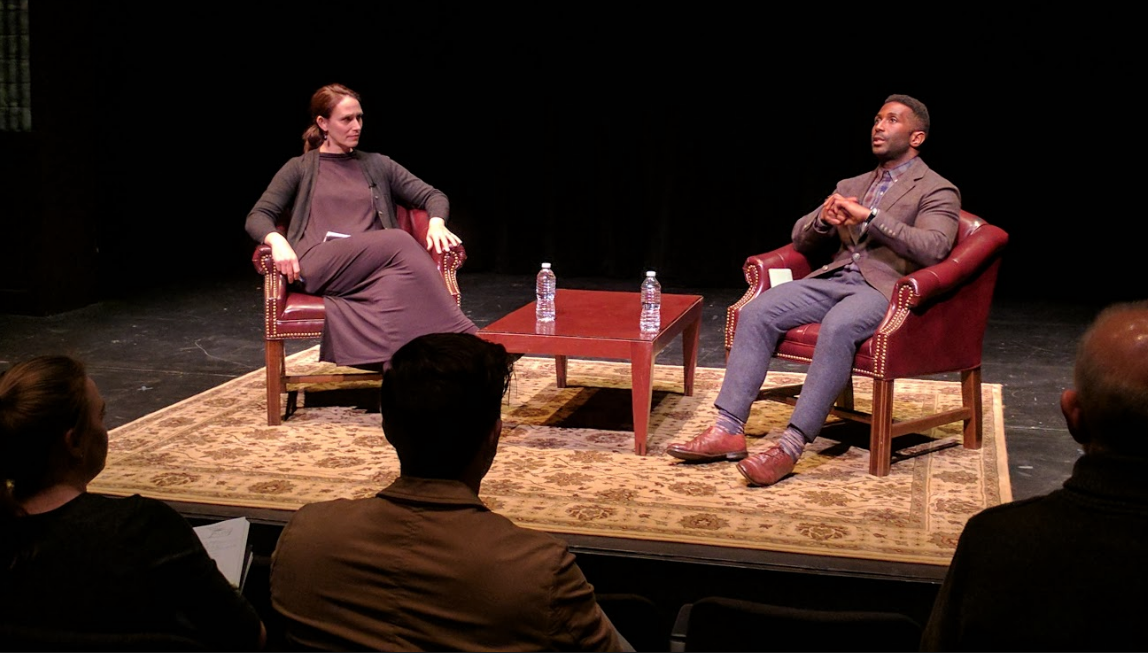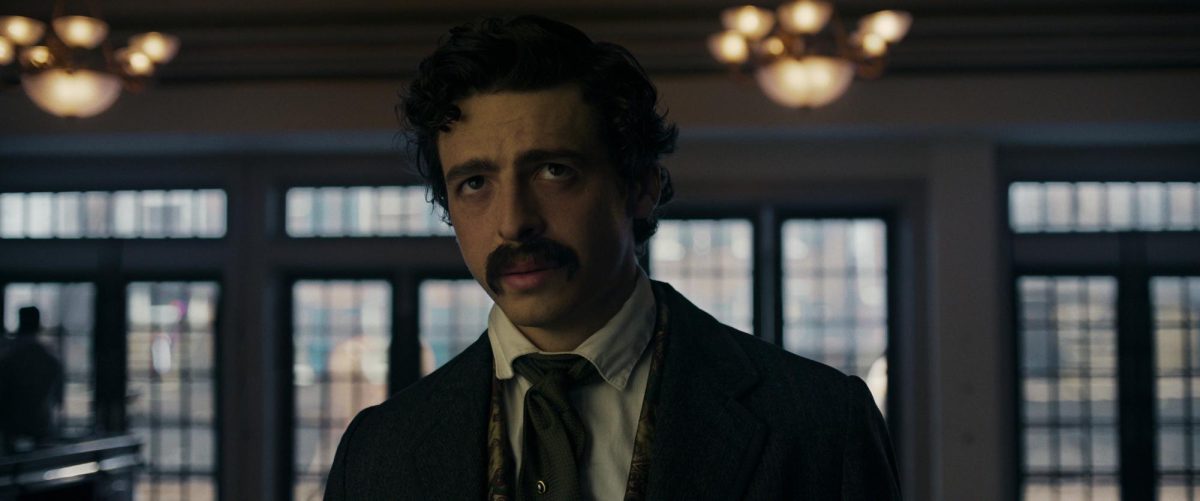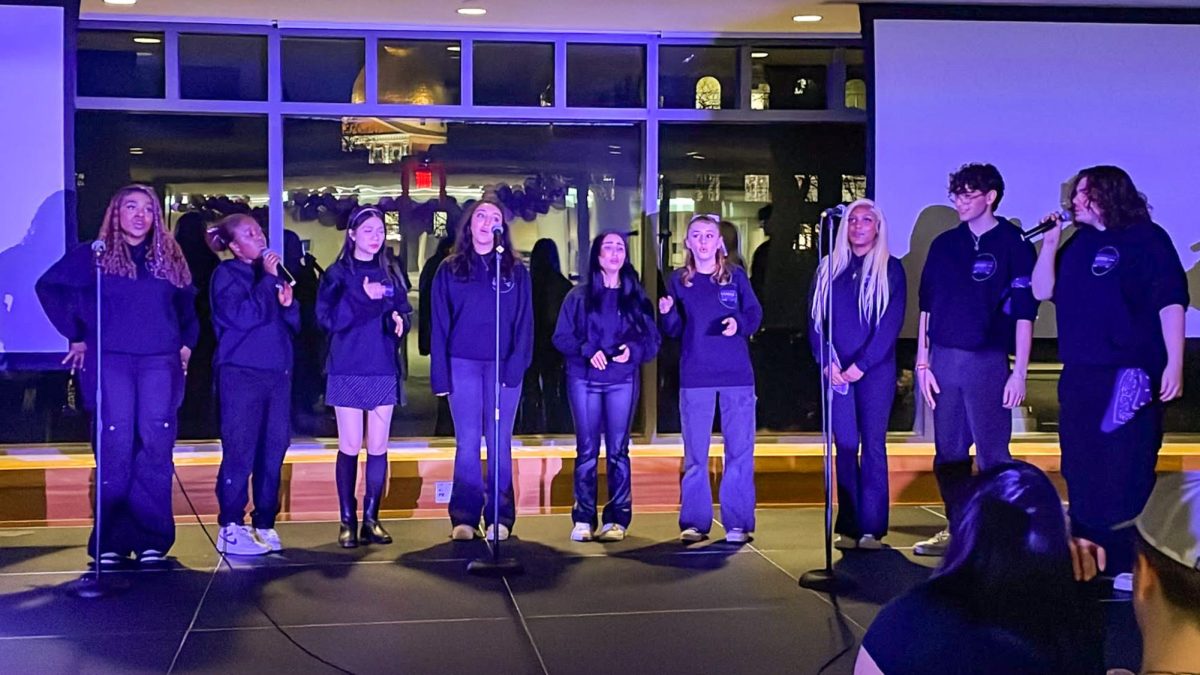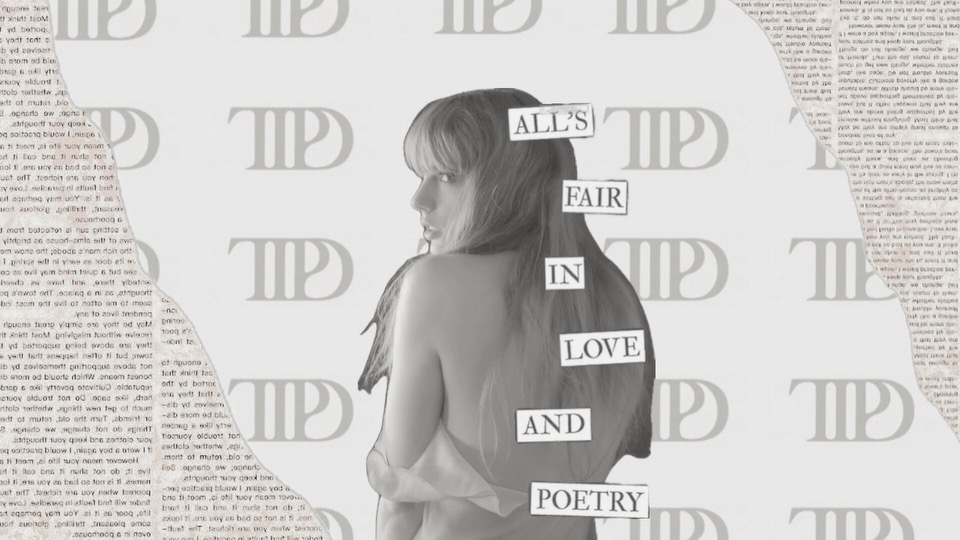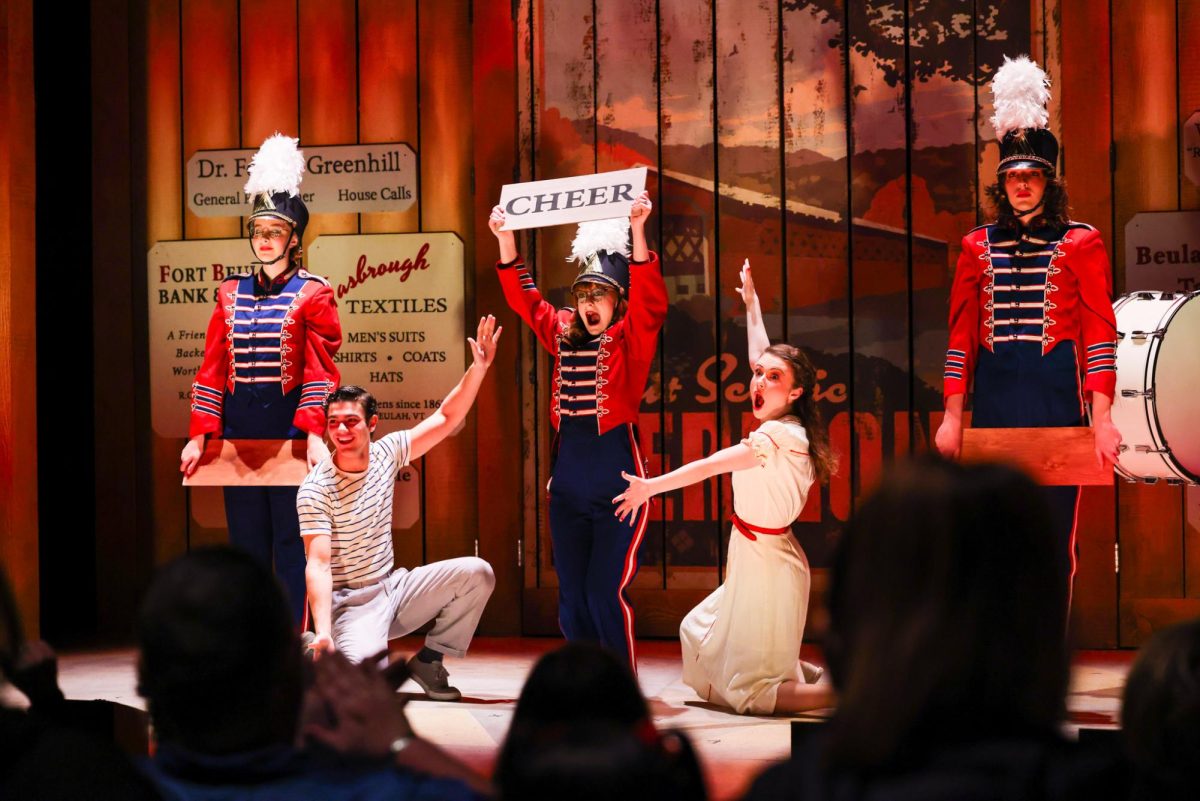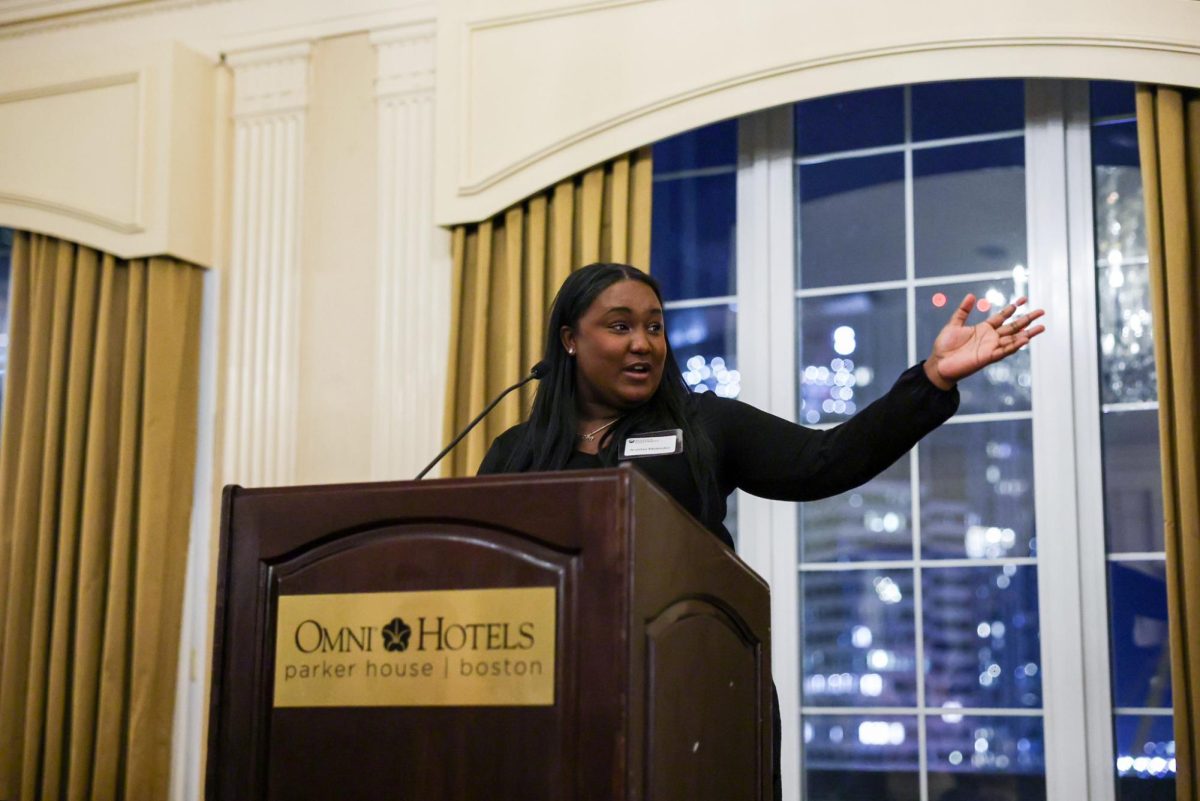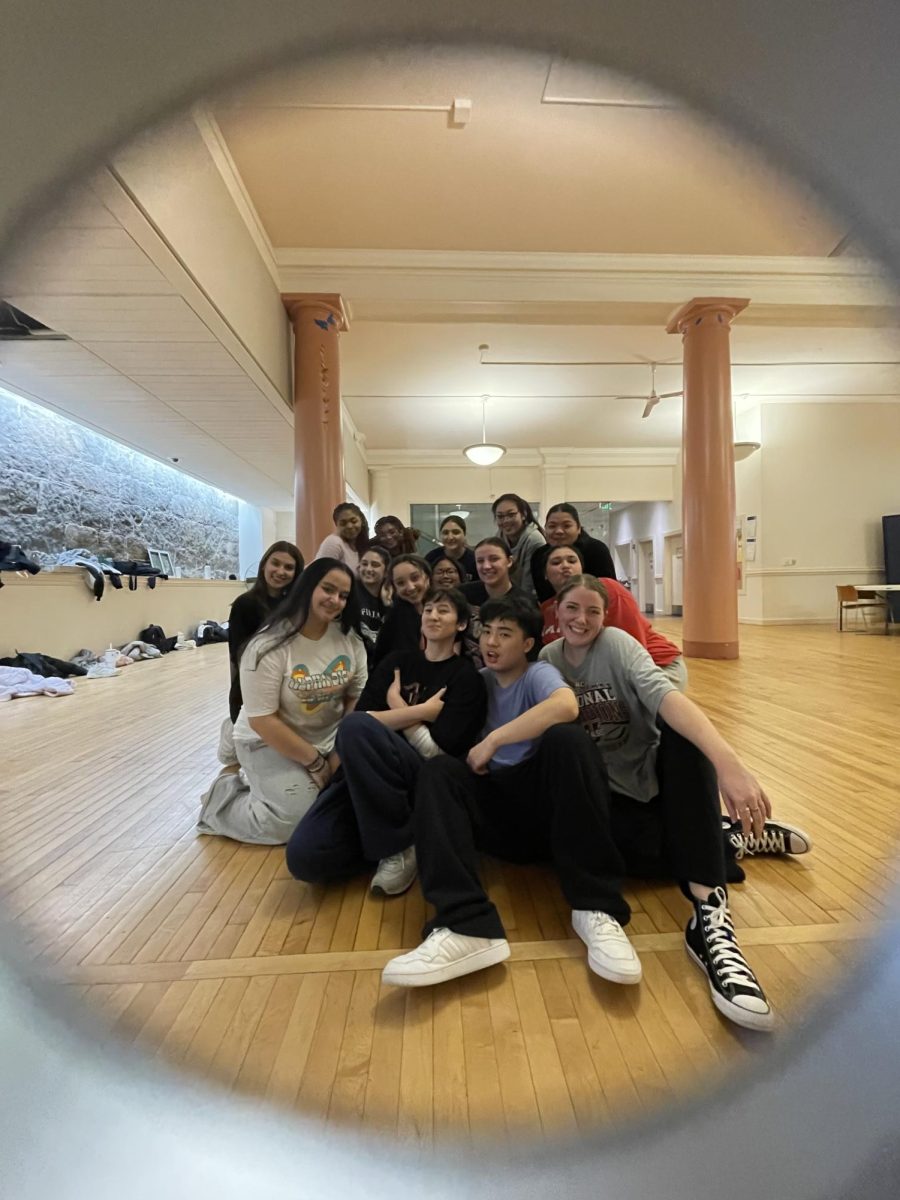American television and film has been thought to mirror the political climate of the time it was originally produced. To analyze this, and predict how this may play out in the future, Pulitzer Prize winning critic for the The New York Times, Wesley Morris, spoke at Suffolk University’s Modern Theatre.
In an event sponsored by the Suffolk Cinema Series, Morris acknowledged the controversy that exists in politics, and posed the question, “what responsibility does the culture have in terms of responding to [politics]?”
He explained that although he does not have a simple answer to this, he does think it is always interesting to see how artists will respond to shifts in politics.
Morris went on to show a clip from the 1974 movie, “The Parallax View.” This movie, directed by Alan J. Pakula and starring Warren Beatty, showcased an example of a plot based around presidential assassination and suspicion. Morris offered that these themes were direct results of the common general feeling of the time after the Kennedy assassination, with an array of political suspicions centered around illegal activities by the Nixon administration during the Watergate scandal.
Where the Nixon administration created distrust of the government, Morris summarizes the main character of the movie as constantly threatened and followed, creating a total lack of privacy.
As this was a time of heightened suspicion and when it seemed threats loomed behind every corner, Morris explained that this movie exemplified a widespread feeling Americans were experiencing.
Morris demonstrated that during the ‘70s, the antagonist was often mysterious and unknown in nature, while the ‘80s began to have a hero that fought against a singular villain with clear motives. As Morris explained, the Rocky movies are often considered to have been a direct commentary of the debate between the white boxer vs. the black boxer. But in “Rocky IV” from 1985, the conflict changes, and we see a fight between an American boxer and a Russian boxer.
Compared to other movies made in this time, Morris said, “Rocky was one out of all of those movies that put everyone in a pretty good mood, during a period where there weren’t a lot of popular movies that did that.”
In a “Rocky IV” clip presented during the talk, Morris showed a clear separation between the training sequences of the two boxers. The American who uses what Morris described as, “God’s own workout equipment,” things like rocks and pieces of wood, and the Russian, that uses steroids and complicated technological exercise machines.
“There are a lot of movies about this fear that the Soviets would be able to enter the country somehow and beat us without our being ready for it,” said Morris.
This theme of separation between the America and the Soviet Union was presented in other movies during this time.
“You have basically one man, versus an entire state,” said Morris.
As time passed, Morris said that the new “boogeyman” in American movies started to become Arab people committing some acts of terrorism. He showed a scene from the 1998 thriller starring Denzel Washington, “The Siege,” where thousands of Arab-Americans had been placed in internment camps in order to find a suspect. He said that, “Islam is part of how we understand terrorism in this movie.”
“The Earth was destroyed [in film] more times during Obama’s presidency than in any other period,” said Morris. He associated this with the end-of-the-world style fears that developed in some groups after President Obama took office, as well as fears of global war and world disaster as a result of climate change.
Despite all of these parallels between film and current political climate in the past, Morris said he was not sure he would see the same correlation between the Trump administration and film.


